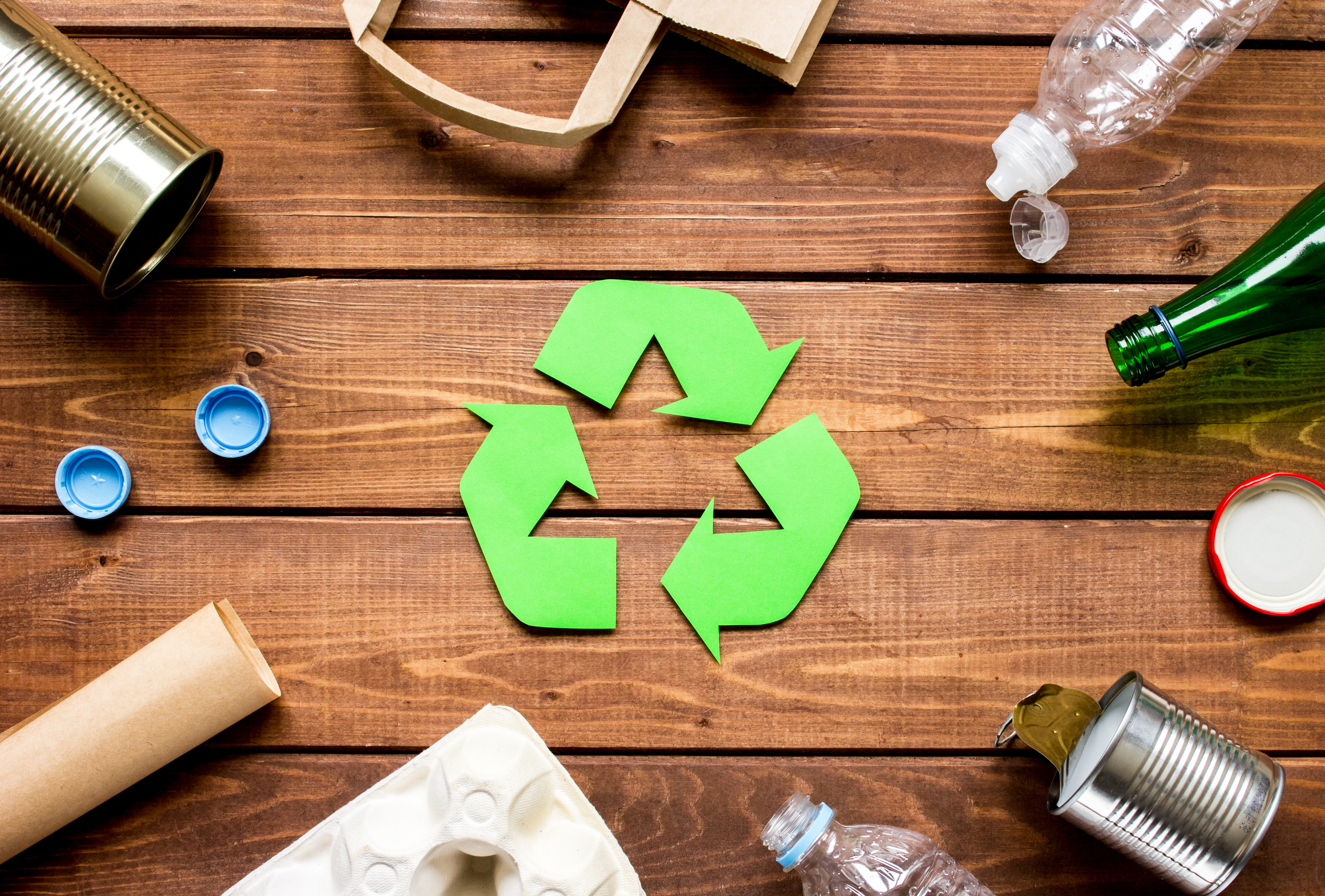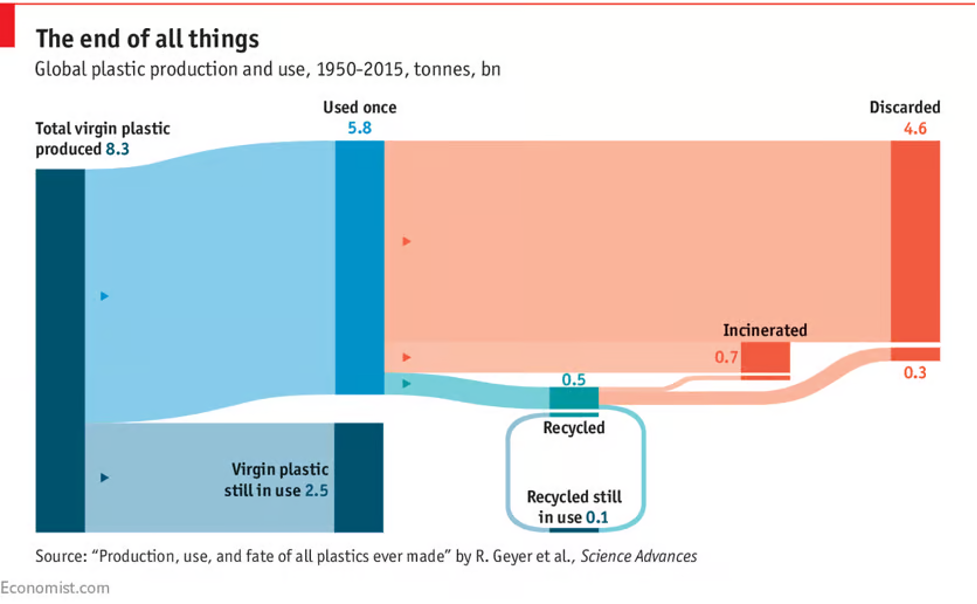
Posted May 17, 2023
By Ray Blanco
Green Smoke: Recycling
Feelings about “the Green Movement” range from it being absolutely essential, to being a crock of nonsense. Even as far as it being Chinese propaganda designed to hamstring Western industry.
I’m not talking about any of that today.
Rather, even assuming the best of intentions and - taking a big leap here - effective legislation, the push for greener industry is failing miserably in many ways.
Being “eco friendly” is big business these days.
It’s an effective marketing tool, as well as a way to line a company’s pockets with government incentives.
So naturally, it’s ripe for exploitation.
Over the next few weeks, we’ll be spotlighting some of the ways Green Smoke is being used to co-opt the effort to preserve our planet in dishonest, and even counterproductive ways.
We take a special interest in these tricks, scams, and plots here at Technology Profits Daily as the Green Movement and its government incentives are driving many tech industries, such as EVs and renewable energy sources.
Today, we’re going to look at one of the most well known, but still misunderstood scams using the front of fighting for a greener planet.
Reduce Reuse Recycle
“Papers. Plastics. General Waste.”
Be very careful to pick the right basket. You wouldn’t want to be responsible for destroying the planet.
I’m sure, at some point, someone has told you how it doesn’t really matter.
It may have come from laziness, or disinterest in their carbon footprint, but…
They’re right.
Mostly.
Whether your empty water bottle ended up in your home wastebasket, put out with the recycling, or deposited properly in the “plastics” bin…
It’s a near certainty that it will end up in the same place. Either incinerated or put in a landfill along with all of your other trash.

Better than nothing, right?
Not necessarily.
A common concern regarding the recycling process is that significant resources are dedicated towards the extremely inefficient process.
Most notably: trucks.
Giant, high emission trucks are making rounds just to pick up your papers and plastics. Then, in an issue often referred to as “wish-cycling”, materials that can’t be used at the recycling centers (which is a majority of them) now need to be moved, by truck, to another location.
This doesn’t even take into account the facilities, time expenditure, and supplies needed to sort and process the plastics once collected.
It’s certainly a lot of work, but that wouldn’t be reason enough to give up on such a noble effort.
If only it were.
The Best Laid Plans…
It’s a nice idea that we could reuse plastics indefinitely.
The planet is spared and production costs are reduced.
The “Reduce Reuse Recycle” campaign was a nice thought that just never panned out.
Or was it?
What many people don’t know about our woefully ineffective recycling process is that it was never presented with good intentions.
In fact, the campaign was originally pushed by the Society of the Plastics Industry (now the Plastics Industry Association), a lobbyist group that represents the likes of Exxon, Chevron, and DuPont.
The aim to protect the planet from harmful waste was, at best, secondary.
Primarily, recycling was pushed on the public to make plastics more palatable, since they could be reused. In theory.
In its earliest days, industry insiders knew the practice would be ineffective, with one such insider being quoted in 1974 as saying “There is serious doubt that [recycling plastic] can ever be made viable on an economic basis”.
Concerns, according to an industry consultant at that time, included…
- "There is no recovery from obsolete products"
- Plastic degrades with each turnover.
- "A degradation of resin properties and performance occurs during the initial fabrication, through aging, and in any reclamation process”
- Recycling plastic is "costly," and sorting it is "infeasible."
The report concludes that the cost of using oil to make new plastics is so low that reusing old plastics “can’t yet be justified economically”.
The campaign moved forward anyway since, as former president of the Society of the Plastics Industry, Larry Thomas said "If the public thinks that recycling is working, then they are not going to be as concerned about the environment".
A $50 million a year ad campaign for recycling funded by the oil industry carried on, which was in reality a campaign only for “guilt free” plastic.
In recent years, other companies outside of the oil industry have tried to take advantage of the continued goodwill associated with “recycling”.
Walmart and Keurig Green Mountain are both facing lawsuits for falsely presenting plastic products as being recyclable.
The recycling campaign is an example of the doubly-harmful use of Green Smoke. Hiding harmful practices under the presumed goal of a cleaner planet, while harming the legitimacy of people and practices who are actually trying to make a difference.
With that, what are your thoughts? Are there any examples you know of where corporations exploit the push for greener industry? Share them at feedback@technologyprofits.com.

